In appearance, mandarins look like oranges, which is normal considering they are from the same cultivar. The difference is they are smaller, their peel is easier to remove and the taste is phenomenal.
If you are not yet familiar with how healthy the small mandarins are, let us explain a bit more about their extraordinary health benefits to man.
To start off, they have very few calories, just 53 kcal in 100 g. No less important is the fact that they contain an abundance of flavonoid antioxidants, including naringenin, hesperetin, vitamin A, carotenoids, xanthine, lutein. This valuable content is actually even more than that of oranges.
Let us not forget the presence of vitamin C, one of the most potent antioxidants. It actively participates in collagen synthesis, wound healing, fights virus agents, as well as cancer cells. It is believed that it prevents the development of autonomic nervous diseases. Vitamin C plays a part in the processes of iron absorption with food.
Mandarins are delicious, healthy and can be made into a fresh fruit drink or used to make desserts.
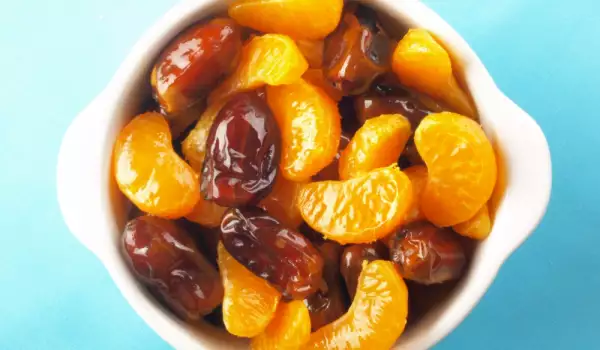
They contain fibers, which regulate metabolism and normalize cholesterol levels in the blood.
A fascinating study on mice found that a group that did not receive nobiletin (a flavonoid found in mandarins) as part of their food diet, developed symptoms of metabolic syndrome, including obesity, high cholesterol, increased levels of insulin in the blood, as well as liver steatosis.
The other group of rodents was in excellent health. Further it was found that the same mice, that received the flavonoid, were protected from developing atherosclerosis, in turn protecting them from stroke and heart attack.
The oil from mandarins is presumed to kill the causes of Staphylococcus aureus, alleviates muscle spasms, improves cell regeneration. Mandarin oil has a soothing and anti-inflammatory effect.
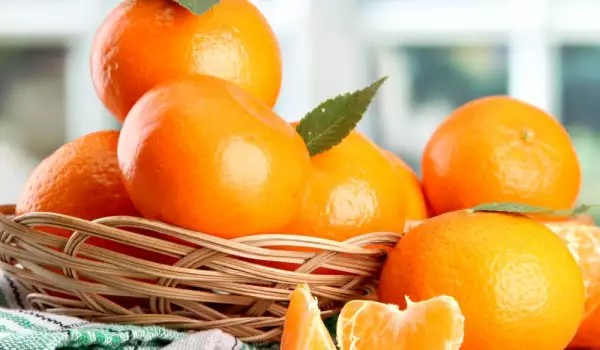
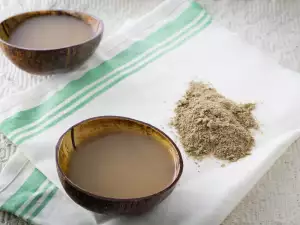
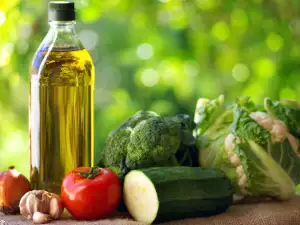


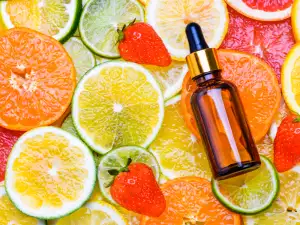
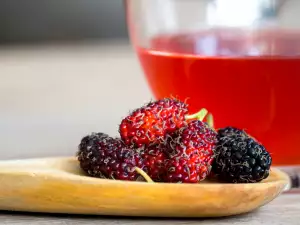

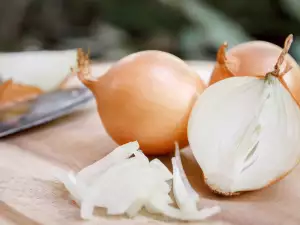
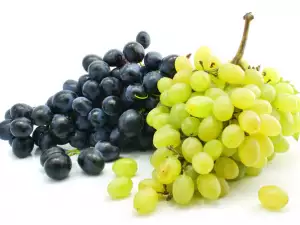










Comments